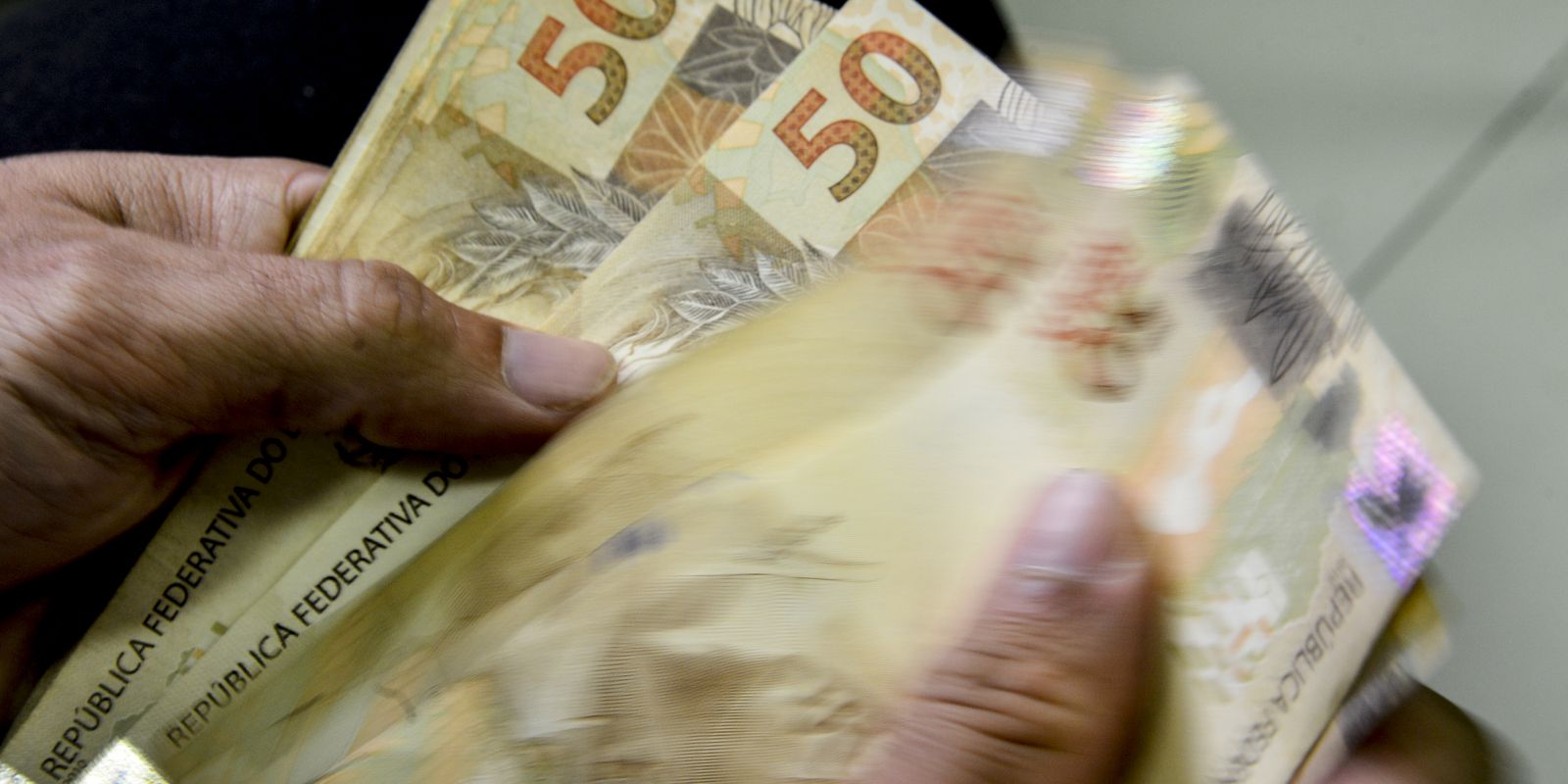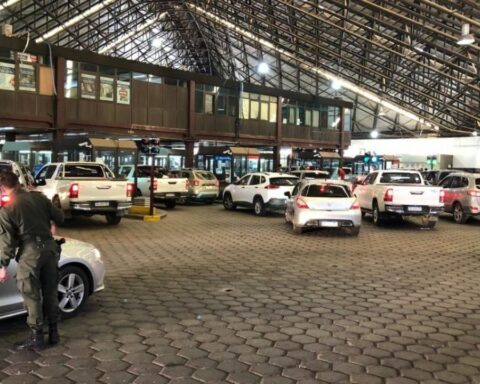Until noon this Wednesday there was only one conviction in La Moneda: the name that President Boric would choose to propose as National Prosecutor to the Senate could not be Valencia. There had been factual efforts in favor of the attorney from outside the Prosecutor’s Office since the two previous failed attempts, but the pressure was resisted. It was not the name of the President or the political committee. He gathered too many conflicts of interest around him and his nomination was seen as an affront to the feminist world and, therefore, a contradiction for a government that defines itself as “feminist”.
There was also peace of mind, since they had a candidate who passed the Senate filter by far. “In the morning we had counted 40 supports for prosecutor Juan Agustín Meléndez,” says an opposition senator. “At 3:00 p.m. they informed us, while we were in the room, that the name was now (Ángel) Valencia,” added another parliamentarian. In a matter of hours, the entire scenario changed. Negotiations behind what was resolved by the benches and the incorporation of an unforeseen variable, such as using the National Prosecutor’s Office as a bargaining chip to deactivate the constitutional accusations against the ministers Giorgio Jackson and Marcela Ríos, made the President and his political committee change their conviction for pragmatism.
You may also like:
Democratic Socialism enters through the sticks
Early yesterday, the votes were effectively in favor of the deputy National Prosecutor, Juan Agustín Meléndez. They not only had the votes of a large part of the ruling party, but also of the opposition. In fact, according to close sources, the bench of RN senators had pledged their closed support for Meléndez.
In such circumstances, the communiqué issued by the Western Regional Prosecutor, José Luis Pérez Calaf, in response to President Boric’s assertions that the evidence that convicted ex-Frentista Jorge Mateluna –today pardoned– was not well considered, began to make noise in The coin. According to sources familiar with the dynamics, in the political committee Meléndez had been assessed as a “lack of authority” the fact that, having taken steps so that the Western Prosecutor’s Office would not speak, they were ultimately unsuccessful. This fissure allowed Democratic Socialism to rescue the name of Valencia.
Even though Ángel Valencia’s most direct contact with Democratic Socialism comes from the hand of his compadre, the president of the Senate, Álvaro Elizalde, was the socialist senator Alfonso de Urresti – today on tour with President Boric through the Los Ríos Region – who would have rescued the name of Valencia, arguing that only an outside person could order the house, a fact that allowed the factual powers of Piñerismo and others to make a “last minute move”, putting La Moneda in check.
The currency of exchange
With that recently exposed fissure – opposition sources say – the calls did not wait. There was a possibility of installing Valencia and they had to sit down and negotiate. “All the relations that Valencia has at the political level make him a ‘factual’ himself, for this very reason the ‘factual powers’ came into play,” say sources close to the second government of Sebastián Piñera, who add that the concern does not It is only because of the open cases that the former President has in the Prosecutor’s Office, but also because of the Pandora’s box that could be opened if more municipalities join the corruption scandal facing the municipality of Vitacura and, particularly, the former mayor Raúl Torrealba.
According to the sources, senators Javier Macaya (UDI) and Paulina Núñez (RN) carried out the negotiations with La Moneda. Macaya – very close to former Interior Minister Andrés Chadwick – claimed to have all the votes of his senators to support Valencia, and Senator Núñez had done the same on the RN side.
However, the negotiation of the latter caused a breakdown within Renovación Nacional. In the morning, the RN bench had pledged its support for Meléndez, so Senator Núñez’s efforts were considered as negotiations behind the back of the bench to reach agreements other than the consensus of the senators. “What is the use of reaching agreements if two or three people negotiate on the side”, they question.
At this point, the bargaining chip was as follows: getting the government to appoint Ángel Valencia in exchange for deactivating the constitutional accusations that were taking shape against Minister Marcela Ríos and against the head of the Ministry of Social Development, Giorgio Jackson. “If this was the case, it is not understood that the Government has compromised such a thing, if it is enough for an opposition vote to vote against for the accusations to be dropped,” they criticize from RN.
With time running out, only one concern remained in La Moneda: that the votes were actually in favor of Valencia. “The third time is the charm,” Minister Ríos said.
Votes from Valencia are not insured
With the experience of failed attempts, several of the parliamentarians consulted today do not dare to advance the vote in the Chamber. No one doubts that the Constitution Commission issues a report favorable to Ángel Valencia, as it did with José Morales at the time, since Valencia already had his support before the last-minute negotiations. “Until the last vote in the Chamber is counted, nothing is certain,” warn parliamentarians.
“What is a fact – sources close to RN point out – is that Valencia does not have all the votes of this bench. Not all are square, in addition to insurance there will be abstentions.”
Until the last hour of last night, at least 10 votes were already counted against the La Moneda candidate. In this preliminary count, there would be one UDI vote against, four from RN, two PPD, at least two PS and one independent.








